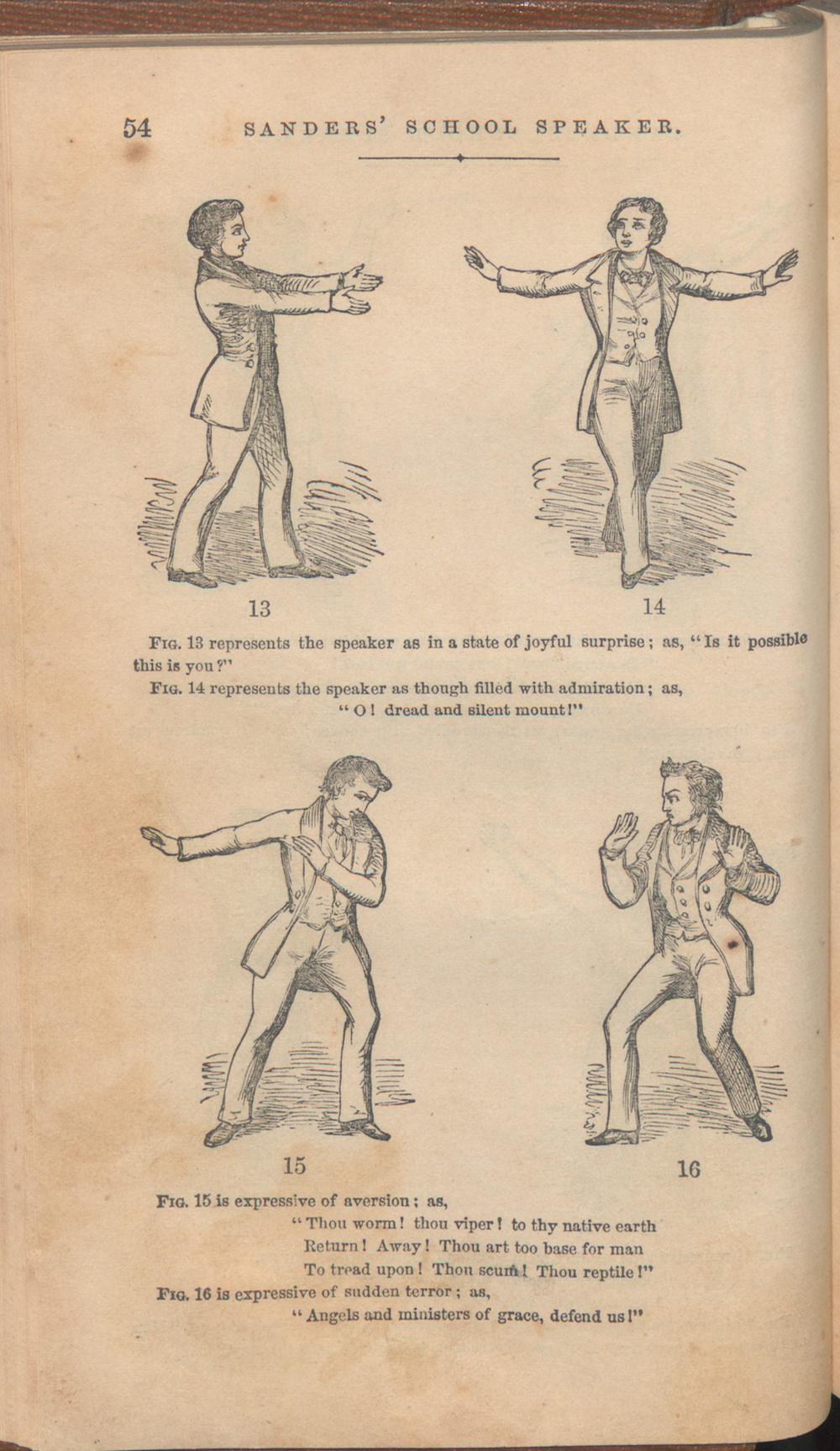Webster on National and Popular Usage
The included image is an excerpt from Webster’s (1807) section on “substitutes,” his attempt at coining scientific terminology to represent indexical words, mostly pronouns. This narrated event presents a similar argument to the previously discussed event: here, again, Webster attempts to align everyday spoken English with the notion of respectable language in order to strengthen his portrayal of language as connected to racial identity. Webster includes six different examples of a linguistic convention that he anticipates his readership will consider a “mistake”: “was you,” as in “Where was you standing during the transaction?” or, “Was you there when the pistol was fired?” (Webster 1807:34). Four of these examples are attributed to individuals, presumably of considerable social standing; for instance, one attorney general and one judge. This passage specifically serves to rid readers of the mistaken idea that this convention is incorrect. Webster writes,
“[T]hey wrote the language as established by national usage — the foundation of all language. So is the practice in the United States — not merely popular usage, tho this, when general, is respectable authority; but the practice of men of letters.” (Webster 1807:34)
Here, Webster again aligns himself with a reader who sees “lettered men” as most respectable and reliable sources of information on the correctness of language use, and encourages his readers to consider colloquial forms of language as reliable and proper. He aligns this linguistic convention with “men of letters,” then aligns his reader with “men of letters” as well, the implication being that if this form of language is good enough for people the reader respects, it should be good enough for the reader as well. Webster once again performs the social action of legitimizing “popular usage” of language, which aligns the elite English language’s cultural history and prestige to the English spoken by regular Americans. This in turn again contributes to a strengthened cultural and national identity.
